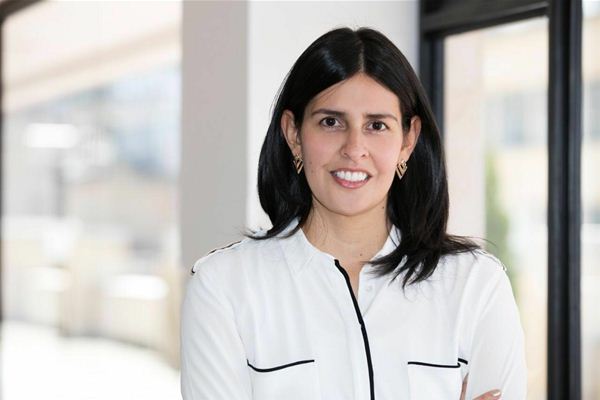

Tell me a bit about yourself, what it is you do and what drove you to join the advisory board?
I’m the President of Dynamic Spectrum Alliance (DSA). I am an engineer, and during the last years I have been focused on spectrum management. Prior to joining the DSA, I was the General Director of the National Spectrum Agency of Colombia for three years, after serving as the adviser to the previous director. Before that, I was working in Poland at ITE Warsaw on the Partnership for Cognitive Radio. I completed my PHD and Master in France. I am Colombian and French and I have an interest in the technical part of electronics and telecommunications.
I was invited to join the board by Access Partnership. Some of the DSA members have been working with Access Partnership on many projects around the world.
What are the most pressing issues in tech for 2020-21?
After the COVID-19 crisis, we need to focus on the basics again. We need to continue connecting people, with real broadband capacity, otherwise the digital gap will be even larger. Since the lockdown, many have been working from home, which is stretching the capacity of networks. First, we need to react to this crisis. WiFi 6 adoption will be definitively an important subject.
I hope that 2021 will be the year to implement more flexible technologies, that are useful for broadband connectivity like TV White Spaces (TVWS), dynamic spectrum sharing frameworks or Loon to extend mobile coverage.
With the exponential growth in data-driven technologies such as AI, 5G and IoT that we have seen over the last couple of years, how important is it that organisations and governments make the right decisions when it comes to adopting these technologies?
It’s extremely important. It’s a wide ecosystem – in order to take advantage of AI, for example, you need robust infrastructure and good connectivity. That is the first layer – connectivity. And this new vision includes not only connected people, but also connected objects that will support different sectors like agriculture, transport or manufacturing. 5G capabilities are going to enable many new use cases and for that it will require licensed low-band, mid-band, high-band spectrum, as well as new unlicensed spectrum. Now, there are also many opportunities for verticals to create their own networks and there is a need for a digital transformation. The main task is for everyone to define priorities and all relevant parties and technologies should be included in this long-term vision.
Regarding regulation – what are some of the key obstacles when finding a good balance between innovation and protecting citizens?
Being a regulator is a hard job – they are facing unprecedented times. In the last months, they have had to make almost real-time decisions. In some countries, for example, telecommunication services are now considered essential; finding solutions to accelerate deployment barriers, promoting infrastructure sharing, releasing spectrum to MNOs and WISPs – it is hard for them to make decisions quickly and in many cases they have been very effective despite the crisis. They are showing that it is possible, and I hope this experience will help them to be more flexible in the future.
Current challenges that we can expect to see include the promotion of more infrastructure deployment and establishment of flexible frameworks to adopt new technologies. You cannot expect new generation technologies working to the same rules that we had ten years ago, the market is not the same.
During the crisis, we have seen a lot of governments allowing regulatory forbearance, such as releasing unlicensed or emergency spectrum, to meet the spike in broadband service. Do you think this practice will continue?
There were some standing decisions, such as providing more unlicensed spectrum access in the 5.9 GHz band for WISPs in the US. That has proven to be a good decision. However, spectrum management is not something you can change from one day to the next. The process needs to be accelerated, but we still need to go through it. Some of those measures will need to be assessed to ensure consistency and longevity.
What is the role that Access Partnership plays when it comes to finding the right ethical and regulatory solutions for these technologies?
It’s important to make decisions based on good information. The role of expert consultancies like Access Partnership is to provide updated information to regulators in terms of helping them make the right decisions – presenting the pros, cons and the wider context.
Finally, how do you like to spend your free time?
I am a mother of two girls, they are 6 and 8 years old– anytime I’m not working, I spend it with them. Currently, due to the pandemic, we are with my parents in the countryside in the North of Colombia. I am learning about countryside activities, such as farming, as are my daughters. I think everyone should do that at some point in their life. Oh, and we love dancing too.